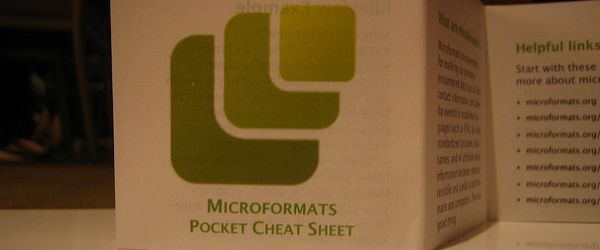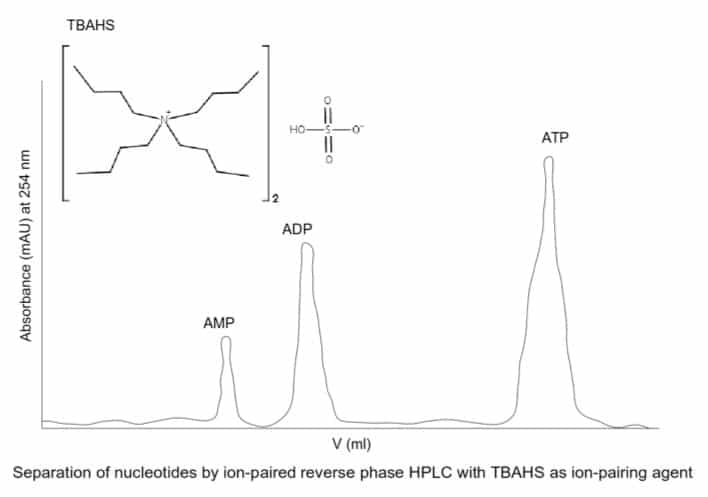How time flies. One day you are giving your first presentation in front of your fellow students, seemingly the next you are listening to a presentation by your own student. And frankly, the talk is awful. It’s twice the time limit, the student weaves around the topic as a drunken sailor, and she acknowledges her granny but not you.
The same day your collaborator sends you the first draft of your collaborative manuscript. It’s terrible. Not only does she relegate your ground-breaking experiment to the supplement materials; she repeatedly makes grammer [sic] mistakes.
So what do you do? Tell them how you see it in the strongest words possible so they understand their errors? And possibly discourage the student from doing science and make your first collaborative paper with this person the last?
As scientists, we seek the truth and speak the truth. And we often do the latter ignoring human psychology. The aim of communication is to persuade, not to get the opposite side so full of negative emotions that they learn nothing and/or refuse to cooperate. Feedback is a form of communication and the delivery can make all the difference.
The Structure of Critique
What do you remember about your best teacher? Probably, that he/she was supportive while gently correcting your mistakes. There’s a “sandwich technique” used in education; a protocol of sorts for providing constructive feedback. It recommends starting any assessment with praise, having critical remarks in the middle and ending on a positive note.
So in the case of your student, you may say that she clearly came prepared. While she’s glowing from the praise, you can say that the presentation was too long and maybe she should make a plan of the talk beforehand. And propose omitting unnecessary points such as 1 – 2 – 3. You can end by saying that the project is going great. She will remember the criticism but wrapped in a positive feeling, which will encourage her instead of being disheartening.
The Content of the Sandwich Technique
The language of critique matters even more than its structure. Psychologists recommend not using “you,” which gives the feedback an accusatory context. It’s much better to replace “you” with “I”. Instead of “WTH are you talking about?” say “I had a hard time understanding XYZ”. Instead of “You’ve made a mess” say “I might organize it differently.”
In the case of your collaborator, it’s better not to write “You didn’t understand the importance of my experiment” but along the lines “I believe that the experiment X deserves to be included in the manuscript because… (see the second draft).
Let It Go
Finally, some things are best left unsaid. For example, the grammar mistakes are better corrected without tracking changes in angry red and not commenting on the margins that her grammar needs improving.
As an exercise, please comment to this article starting from polite “The author makes interesting points, however…”.






